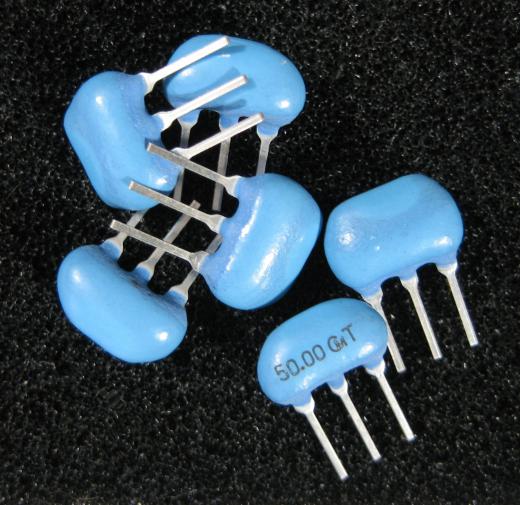The semiconductor industry designs and manufactures semiconductors which are tiny electronic devices made from silicon, germanium, or gallium arsenide compounds. Semiconductors are found in just about every electronic device including televisions, computers, medical diagnostic equipment, cell phones, and video games. Thanks to the developments made in the semiconductor industry since 1960, the large, unwieldy vacuum tube technology of the past has been replaced by the modern, ever-shrinking semiconductor which enables electronic devices to be made smaller, faster, and even more reliable. Currently, the $300 billion United States dollar semiconductor industry is made up of electronics companies and manufacturers located in the United States, Japan, China, South Korea, France, and Italy.
Four basic types of products — memory chips, microprocessors, commodity integrated circuits and complex systems on a chip (SOCs) — are designed and manufactured by the semiconductor industry. Memory chips are devices made to store data and allow the efficient passing of information to and from all types of computers and electronic devices. In recent years, this part of the industry has become so competitive and prices have been driven so low that only the biggest players have been able to compete. Microprocessors are probably the most well-known of the products produced by this industry. These are the central processing units that contain the logic required to complete all the tasks in a computer or other more complex electronic devices like cell phones and digital cameras.

The third type of product manufactured by the semiconductor industry is the commodity integrated circuit, also referred to as standard chips. These standard chips are the workhorses of the processing world and are typically used in electronic devices and products, like small appliances, product scanners and devices with a single use, that perform simple, repetitive processing routines. Complex SOCs are really the only place where newcomers to the semiconductor industry are likely to gain entry due to the stiff competition, thin profit margins, and big corporations involved in producing memory chips, microprocessors, and commodity integrated circuits. Complex SOCs are integrated processing chips with the capability and power of a complete system. These chips are used in electronic and digital devices that have a large number of features and capabilities.

The semiconductor industry is very competitive, and the profit margin for certain products is quite thin. This razor-thin profitability hinders all but very large manufacturing companies from competing in this industry. Even with all the stiff competition, the outlook is for more growth over the next decade with modest increases in annual revenues averaging around 12%. As semiconductors are a part of the many electronic devices that are a part of everyday life, the semiconductor industry also serves as an indicator of overall technological progress and determines how everyday people live, work, communicate, and travel
